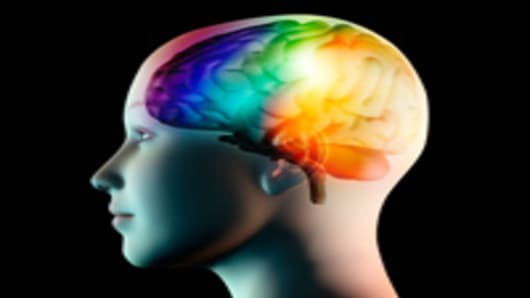Many of the practitioners of a relatively new school of economics assume their discoveries of irrationality support calls for additional regulation of markets.
Those studying “behavioral economics” often focus on ways in which consumers act in irrational ways due to cognitive biases. They choose credit cards with lower interest rates initially and higher late penalties, even though they are often tardy with their payments, for instance.
But the discovery that people are prone to predictable cognitive errors does not really support increased regulation. In fact, the assumption that behavioral economics supports regulations is itself example of several cognitive biases at work. The findings of behavioral economics actually support deregulation and free markets.
The key to understanding this is the recognition that while markets are imperfect, political processes are usually even worse. But the narrow-minded focus on the imperfections of market transactions blind many self-styled behavioral economics to the actual problems with government processes.
A much neglected study by David A. Hirshleifer on this subject is titled “Psychological Bias as a Driver of Financial Regulation.” You can download the paper here. Hirshleifer points out the political process through which regulations are created is prone to all sorts of error-driving biases—and the resulting errors are much more difficult to correct than market-driven errors.
And over at The Agenda today, Matthew Shaffer gives his own five reasons why the case for markets survives the discoveries of new brain sciences.
____________________________________________
Questions? Comments? Email us atNetNet@cnbc.com
Follow John on Twitter @ twitter.com/Carney
Follow NetNet on Twitter @ twitter.com/CNBCnetnet
Facebook us @ www.facebook.com/NetNetCNBC



